Comments
- No comments found
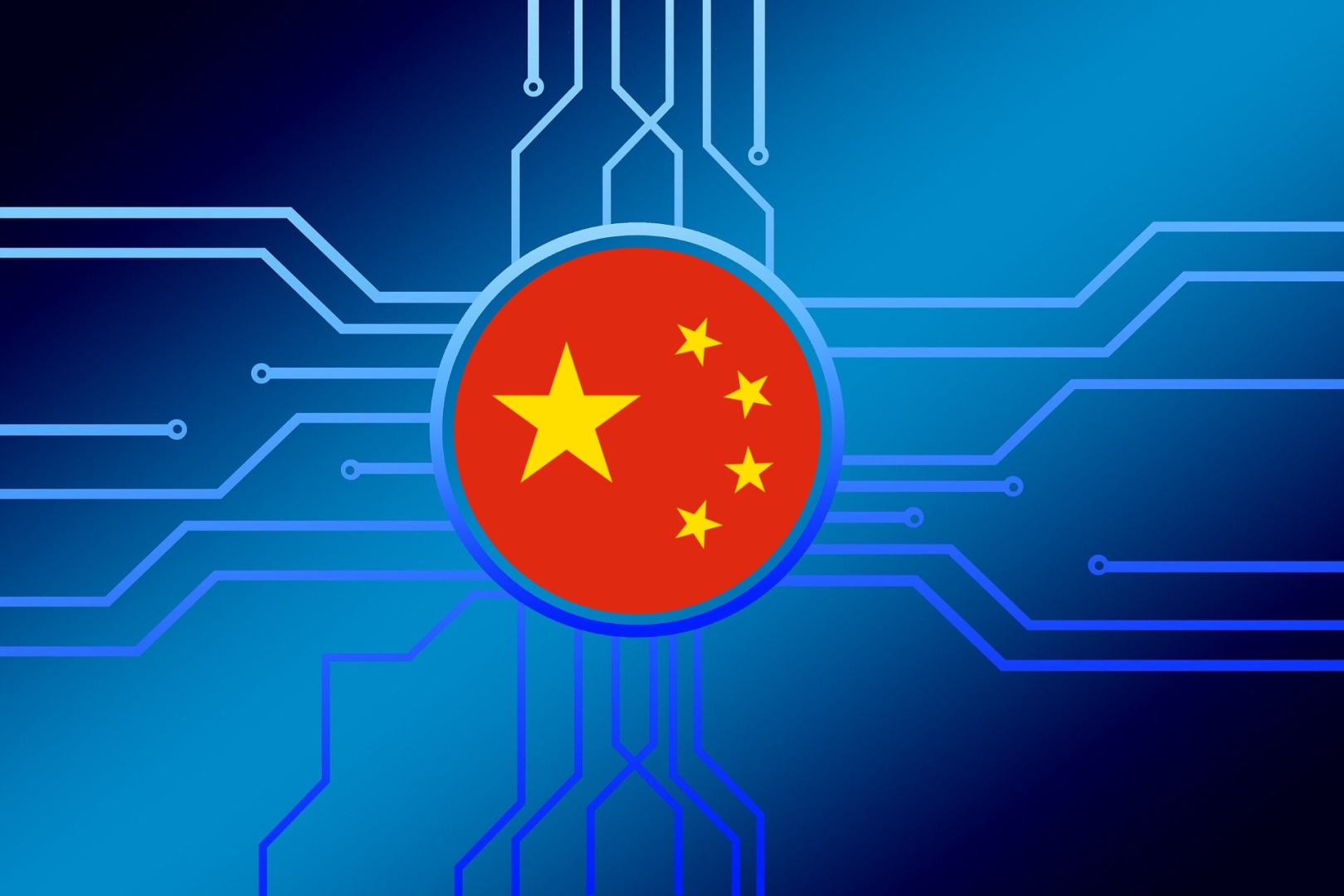
Baidu focuses more on computer vision and planning while Tencent relies on natural language processing and speech recognition.
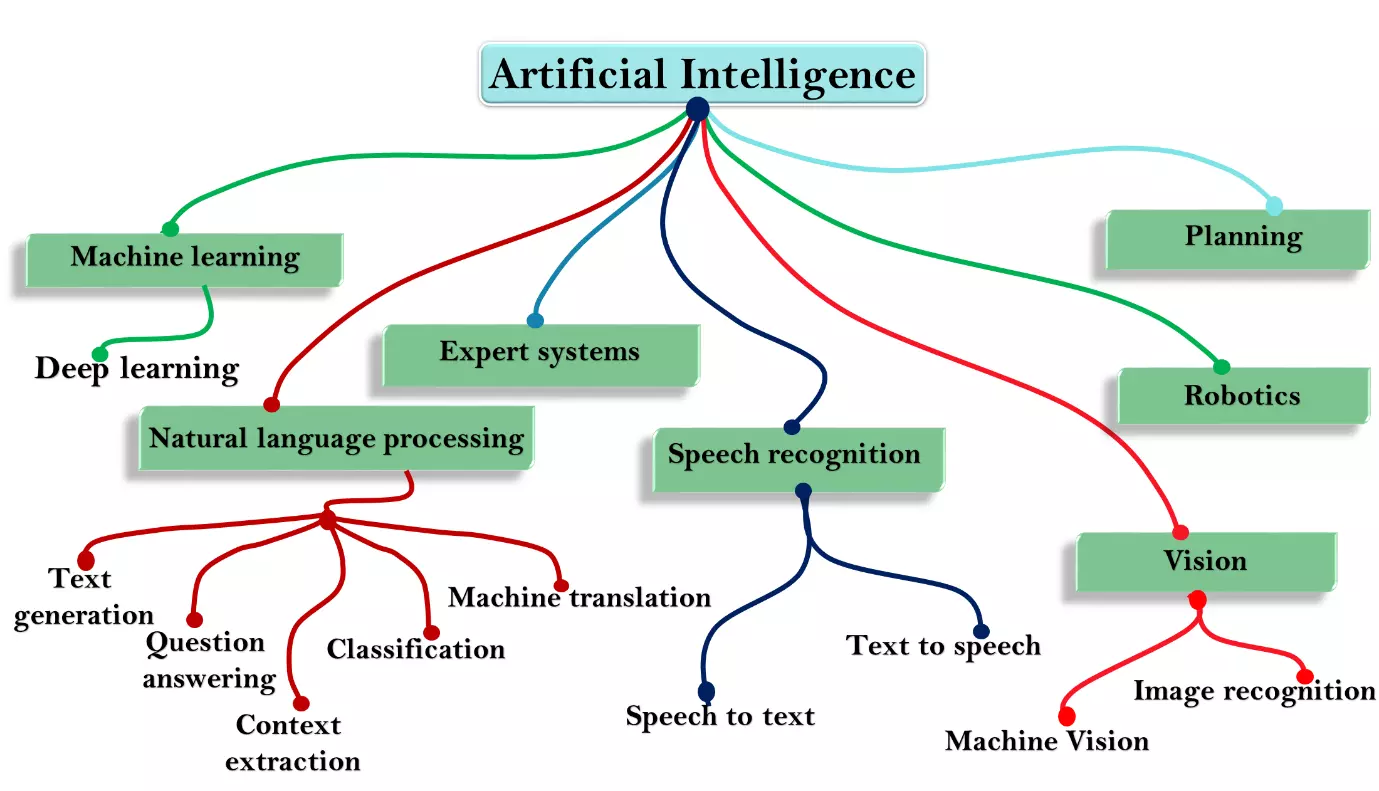
Artificial intelligence adoption is high in China in finance, retail, and high tech, which together account for more than one-third of the country's AI market share.
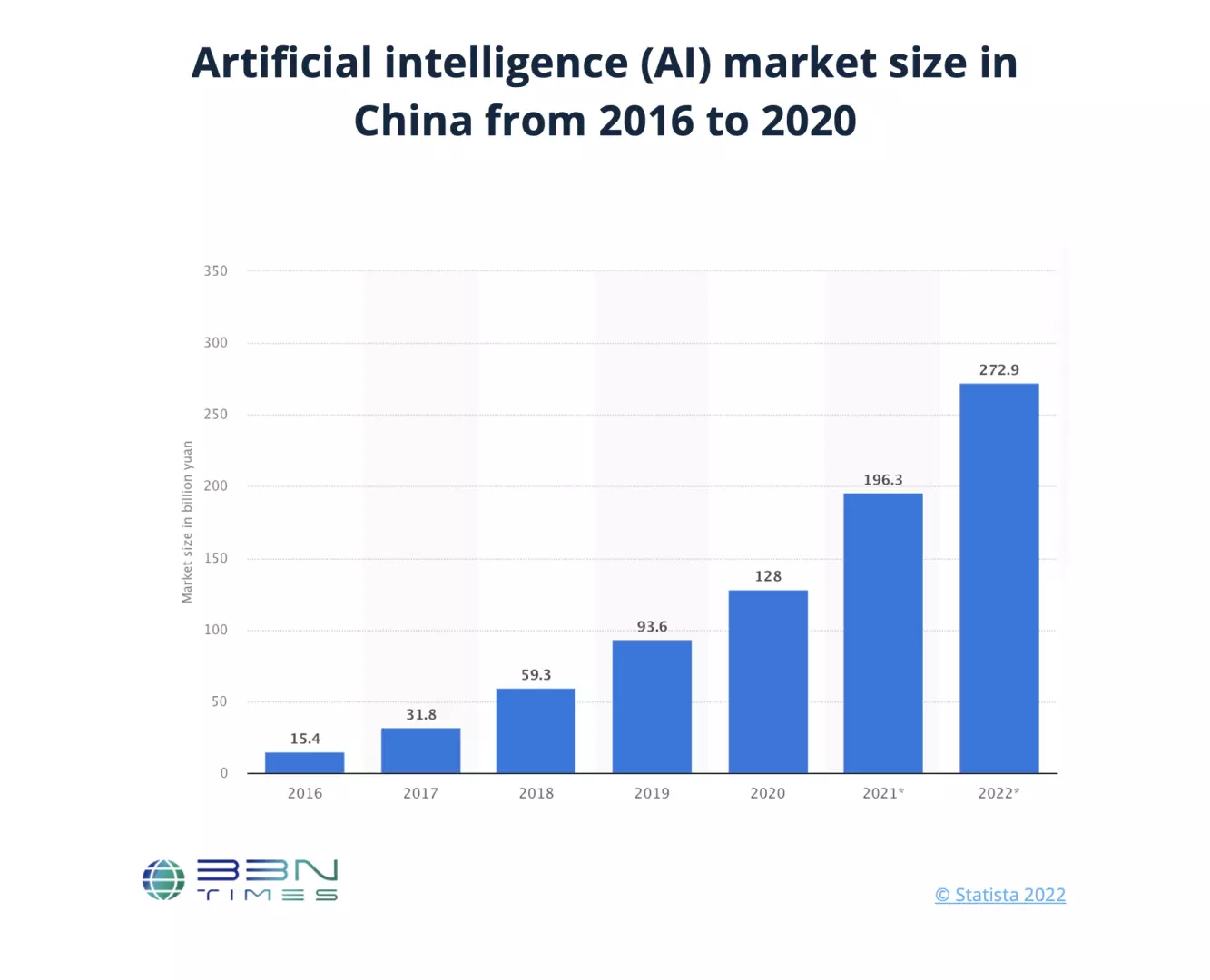
Tencent and Baidu are two of the biggest tech companies in Asia. Baidu is China's largest search engine, similar to Google in the United States. Tencent owns WeChat, its top messaging platform. Tencent is also the world's largest video game publisher, and China's second-largest cloud company after Alibaba.
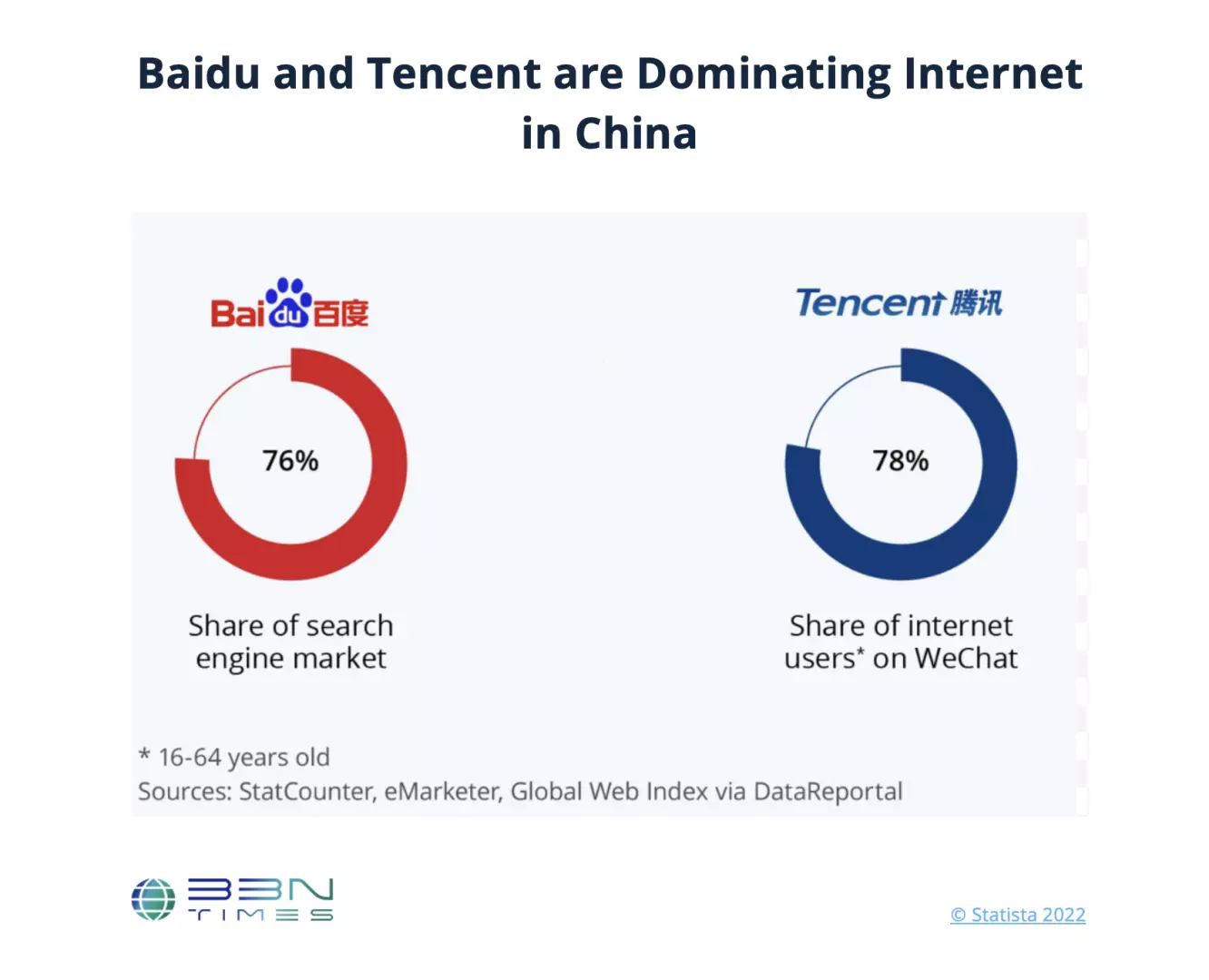
While both Baidu and Tencent are leaders in artificial intelligence (AI), they each have their areas of focus and expertise. Tencent has developed its robotics platform, which is used by many leading manufacturers. Whereas, Baidu does not have a dedicated robotics platform.
Tencent relies completely on weak artificial intelligence. Its slogan is “AI in all.” It has 1.24 billion users on its app WeChat extended to gaming, digital assistants, mobile payments, cloud storage, live streaming, sports, education, movies, and even self-driving cars. Tencent acquires huge amounts of information and insights about its customers that it processes and leverages to the company’s advantage.
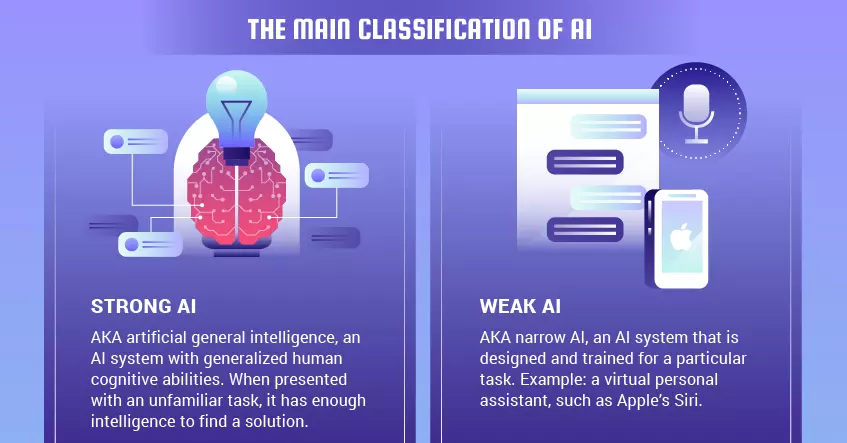
Tencent’s basic research areas also include computer vision, speech recognition, natural language processing, and machine learning, creating content AI, games AI, social networking AI, and platform-based artificial intelligence tools.
Tencent uses Social AI for intelligent assistants, customer service robots; applications in China's leading social platforms, including Wechat and QQ. Game AI is used in areas like Weiqi AI superb, other Tencent games; support China's number one online game provider.
Baidu gives in China’s AI industry growth by providing developers with solid technological infrastructure. It built the PaddlePaddle framework, the first open-source deep-learning platform in China, where AI developers at all levels can find the tools, services and resources they need. The framework has been implemented in industries such as forestry, energy, manufacturing and waste management.
Baidu AI Cloud is an intelligent cloud computing brand that offers a full suite of differentiated cloud service solutions which can empower all industries to accelerate intelligent transformation.
In Baidu’s smart transportation system, AI is integrated with other cutting-edge technologies such as 5G and cloud computing. Baidu’s autonomous driving service platform “Apollo Go” provides rides to commuters and became the world’s largest provider of autonomous driving services. The company plans to expand the platform to 65 cities by 2025 and 100 cities by 2030.
Included in Baidu’s AI toolkit is Plato-XL, a dialogue-generating model with 11 billion parameters – the cogs in machine-learning algorithms that generate data. Making full use of large-scale data will lead to informative and engaging conversations with humans, allowing AI-enabled platforms to act as emotional and intellectual companions in people’s daily lives, according to Baidu.

Baidu developed alongside Tsinghua University the latest smart transportation solution, Apollo Air. It is empowered by the world’s first vehicle-to-everything technology, which has passed the L4 autonomous driving test, meaning it can respond to system failures and road congestion.
Co-located in Silicon Valley, Seattle and Beijing, Baidu Research focuses on future-looking fundamental research in artificial intelligence. including research areas from data science/mining, natural language planning, machine learning, robotics to quantum computing.
Tencent and Baidu are far ahead when it comes to artificial intelligence. Both tech companies are protected from foreign competition within China due to the country's great Internet firewall, which restricts access to behemoth internet players like Amazon, Meta (Facebook) and Alphabet (Google).
Leave your comments
Post comment as a guest